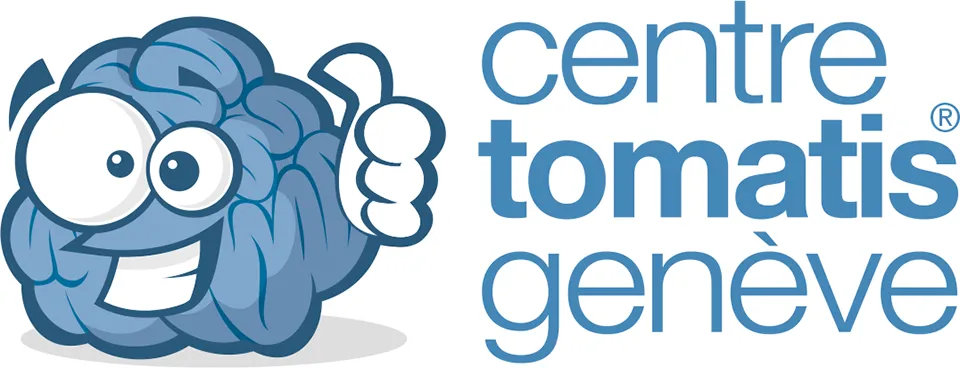My ENT specialist tells me that my child's hearing is fine, but the assessment you have done seems to say otherwise
Understanding the Differences between Audiological and Audio-psycho-phonological Assessments
An audiological assessment is a test that measures a person's hearing ability, typically done by an audiologist. It involves a series of procedures to assess the function of the ear and the person's ability to hear sounds at different pitches and volumes.
On the other hand, an audio-psycho-phonological assessment is a test that examines both the functional and emotional aspects of hearing. It looks at how a person perceives and processes sounds, including the impact of stress and other environmental factors on their ability to hear.
It's important to keep in mind that an audio-psycho-phonological assessment is not a hearing test and does not measure the physical function of the ear. Instead, it aims to identify and address any psychological or functional issues that may be impacting a person's ability to hear effectively.
In summary, an audiological assessment is a test that measures a person's hearing ability, while an audio-psycho-phonological assessment examines the emotional and functional aspects of hearing. Both types of assessments have their own unique benefits and can be used to help improve a person's hearing.
The Tomatis Method - An Overview
The Tomatis Method, developed by Dr. Alfred Tomatis, is a holistic approach that combines aspects of both psychology and phonetics in the assessment and treatment of hearing. This method is based on the concept of the "Tomatis Effect," which states that the voice can only reproduce what the ear perceives. Therefore, the ear has a leading role in controlling the voice. The method retrains the ear to integrate frequencies it formerly did not clearly perceive, and as a result, the voice automatically acquires these new frequencies. With enough retraining over time, the new range of perception can become permanent.
The field of Audio-Psycho-Phonology (APP)
Dr. Tomatis established the field of Audio-Psycho-Phonology (APP) as a result of his clinical and theoretical work. The field is based on the neuro-physiology of sensory processing and its influence on human sensory-motor and psycholinguistic abilities, as well as behavior and learning. This field ties the role of the vestibular-cochlear system to healthy psychological functioning and optimal motor, language, and communication development.
It's essential to remember that Audio-Psycho-Phonology is different from Audiology. Audiology is a branch of medicine that deals with the diagnosis and treatment of hearing disorders, while Audio-Psycho-Phonology is an interdisciplinary field that takes into account both the physical and emotional aspects of hearing.
The Tomatis method includes the Tomatis Listening Test (TLT) and the Electronic Ear, which are used to retrain the ear and improve hearing and speech.
In summary, the Tomatis Method is a holistic approach to the assessment and treatment of hearing that takes into account both the physical and emotional aspects of hearing. This method is based on the concept of the "Tomatis Effect," which states that the voice can only reproduce what the ear perceives, and the field of Audio-Psycho-Phonology, which ties the role of the vestibular-cochlear system to healthy psychological functioning and optimal motor, language, and communication development.
